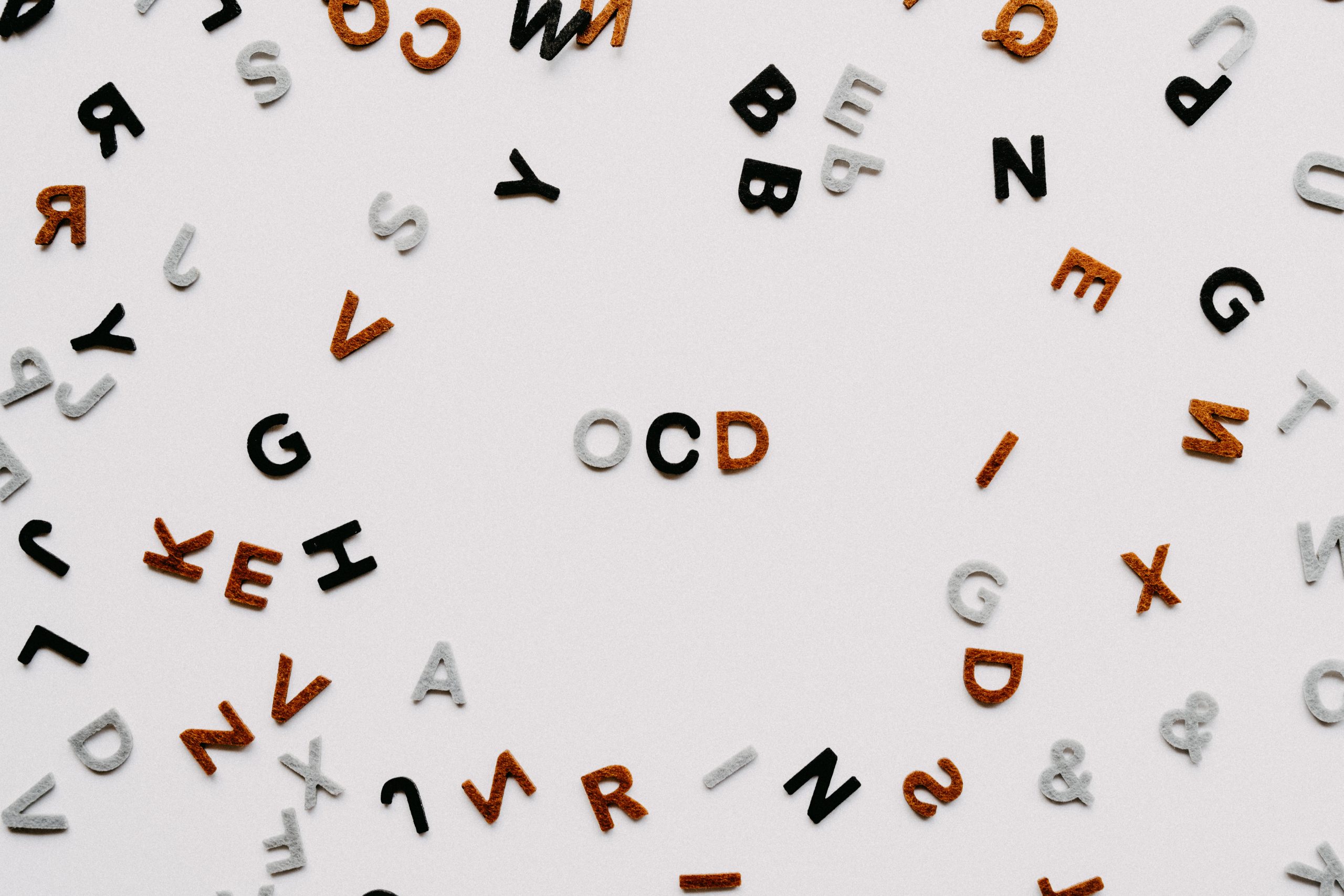It’s a common misconception that someone with OCD likes all their pens neatly lined up, or has to have the TV volume in multiples of ten.
Whilst those things can be symptoms of obsessive compulsive disorder (OCD), they don’t even touch the surface of the reality of the mental health condition, which can be hugely debilitating.
It’s considered to be one of the six most common mental health disorders in the UK (according to The National Institute for Health and Care Excellence) and it is believed that one in every 50 people suffer with it at some point in their lives (Royal College of Psychiatrists).
According to the mental health charity Mind, a person with OCD is plagued by recurring and unwarranted thoughts that can cause significant distress.
The obsessions may be about a person’s greatest fear, for example, some people can have scary and violent images of being unable to help a loved one in danger.
The obsessions are often – but not always – followed by compulsions that are a way of temporarily dealing with the anxiety caused by the intrusive thoughts.
These are things that outsiders would view as unnecessary but the person suffering can become extremely distressed if they are not performed.
Similarly to the obsessions, people can understand that there is no sense to their compulsions, but that isn’t enough to stop them.
It is unclear to scientists and doctors what causes OCD, but a number of different factors may contribute, including family history, genetics, or a childhood trauma. It is also known that some people with OCD have different levels of serotonin in the brain.
For many people, the disorder never fully goes away and comes in waves throughout their life. However, there are ways of dealing with it.
The main treatments for OCD are Cognitive Behavioural Therapy (CBT) or a type of antidepressant medication called SSRIs, which alter the chemicals in your brain.
Living with OCD can deeply affect your life and for anyone feeling like they need help, the following sites could be useful sources of support. OCDAction, OCD-UK, NOCD.
To anyone who isn’t struggling, next time you say “I’m so OCD”, be aware of how much damage that can cause to genuine sufferers and that OCD is something you have and not something you can be.
Please contact Samaritans on 116 123 if you are struggling.

